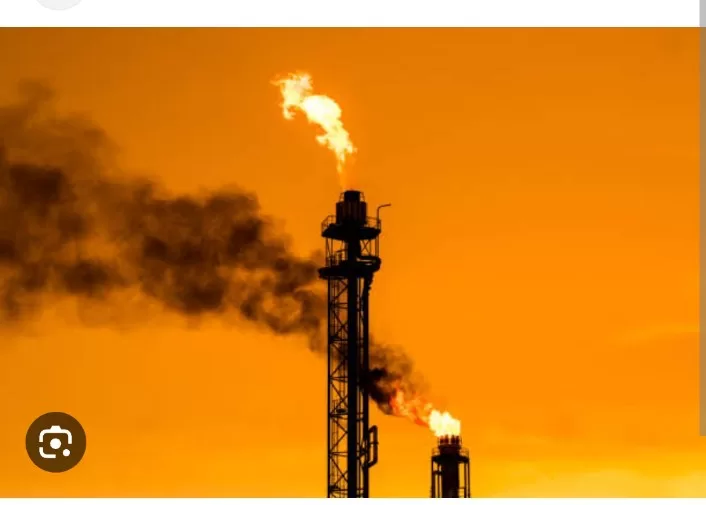In a recent analysis, CareEdge Ratings has forecasted that Indian refiners will continue to maintain gross refinery margins (GRMs) in the range of $9 to $10 per barrel for the remainder of FY24. This projection comes amidst increasing crude oil prices and potential constraints on the supply of Russian crude.
During the first quarter of FY24, Indian refiners, varying in the complexity of their facilities, achieved robust GRMs ranging from $7 to $12 per barrel. However, with Brent crude once again surpassing the $90 per barrel mark at the start of September 2023, the dynamics have shifted.
The recent widening gap between Brent crude, the international benchmark, and Urals, the flagship Russian commodity, has been attributed to the newfound availability of Russian crude under the $60 per barrel G7 price cap. This price cap had traditionally kept Urals below $60 per barrel, but recent weeks have seen it trading around $69 per barrel. Consequently, the proportion of Russian crude in India’s overall crude oil sourcing basket has decreased from over 40% since the onset of the Russia-Ukraine conflict to 34% in August 2023, driven by the surge in Urals oil prices.
While Saudi Arabia and Russia have jointly decided to reduce their daily crude oil production by 10 lakh barrels until December 2023, strong global demand is anticipated to limit any significant easing of crude prices. In this context, Indian refiners, benefiting from the availability of economical Russian crude, are expected to maintain GRMs of approximately $9 to $10 per barrel in FY24. This outlook considers the potential decline in margins when processing Brent crude but is balanced by the substantial margin expansion when processing Russian crude. Furthermore, the onset of winter in Western countries is expected to improve margins for refined products, bolstering Indian refiners’ GRMs.
Indian refiners have notably reaped the benefits of favorable conditions in recent years. The post-pandemic surge in demand for refined products, coupled with geopolitical disruptions, particularly the Russia-Ukraine conflict, significantly improved India’s access to cost-effective Russian crude oil. Approximately 85% of India’s total crude oil requirements are met through imports, and prior to the Russia-Ukraine conflict, Russia’s share was less than 2%. However, due to the geopolitical implications of the conflict, the proportion of affordable Russian crude in India’s crude oil supply has substantially increased.
In summary, CareEdge Ratings anticipates that Indian refiners will maintain resilient GRMs in the face of volatile crude prices and changing supply dynamics. The continued availability of Russian crude at competitive prices, coupled with favorable demand outlooks, is expected to underpin the financial performance of Indian refiners in FY24.




